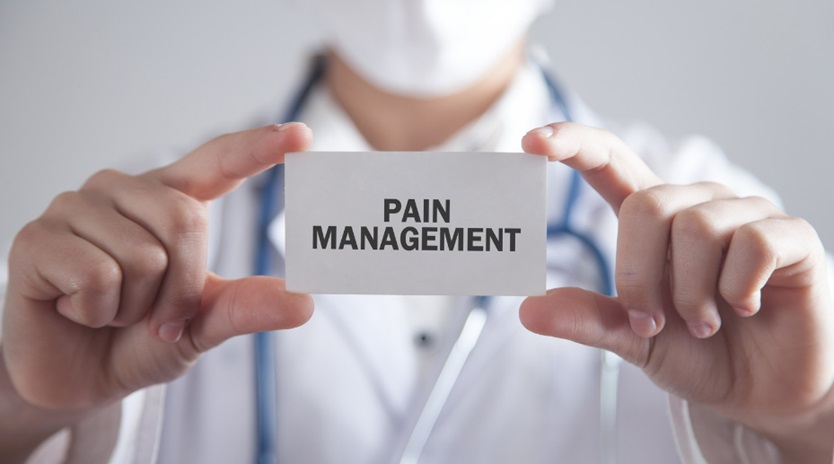Pain is a universal experience that everyone goes through at some point in their lives. However, chronic pain can be debilitating and significantly impact a person’s quality of life. That’s where Pain Management Centers come into the picture. These centers are designed to provide comprehensive care for individuals suffering from chronic pain, using a multidisciplinary approach to manage and relieve their pain. Let’s explore how Pain Management Centers prioritize patient well-being.
Personalized Treatment Plans
One of the main reasons why Pain Management Centers are highly effective is because they create individualized treatment plans for each patient. Chronic pain can have various underlying causes, and what works for one patient may not work for another. These centers take a comprehensive approach by considering the patient’s medical history, lifestyle, and personal preferences to come up with a tailored treatment plan that suits their specific needs. By addressing the root cause of the pain, these centers can effectively manage and alleviate it, leading to improved patient well-being.
Multidisciplinary Approach
Pain Management Centers bring together a team of specialists from various disciplines, such as physical therapists, psychologists, anesthesiologists, and nutritionists. These experts work collaboratively to provide a well-rounded treatment plan that addresses all aspects of the patient’s pain. By involving multiple specialists, the pain management centers of Indiana can provide a more comprehensive and holistic approach to managing chronic pain. For instance, physical therapy can help improve mobility and reduce physical discomfort, while psychological counseling can address the emotional and mental strain caused by chronic pain.
Non-Pharmacological Interventions
While medication is often necessary to manage chronic pain, Pain Management Centers also prioritize non-pharmacological interventions. These may include physical therapy, acupuncture, massage therapy, and mindfulness techniques. By incorporating these treatments into the patient’s care plan, the focus is shifted from relying solely on medication to a more holistic approach that aims to improve overall well-being. Non-pharmacological therapies have been proven to reduce pain, decrease the need for medication, and improve overall physical and mental health.
Patient Education
Another crucial aspect of Pain Management Centers is patient education. These centers not only focus on providing treatment but also empower patients by educating them about their condition and how to manage it. Patients are taught self-management techniques, lifestyle modifications, and pain-coping strategies that can help them better deal with their pain. By involving patients in their care and providing them with the necessary resources, these centers enable them to take an active role in managing their pain, leading to improved well-being.
Continual Support
Pain Management Centers understand that chronic pain is a long-term condition that requires continual support. These centers provide ongoing care through regular check-ins, follow-up appointments, and support groups. By providing continual support, these centers ensure that patients receive appropriate care, even after their initial treatment is completed. This approach helps to maintain the patient’s well-being and prevent future pain flare-ups.
In Conclusion
Pain Management Centers prioritize patient well-being by offering personalized treatment plans, using a multidisciplinary approach, incorporating non-pharmacological interventions, educating patients, and providing continual support. These centers go beyond just managing pain; they aim to improve the overall quality of life for individuals suffering from chronic pain. By addressing all aspects of pain, these centers provide comprehensive care that helps patients lead a better and more fulfilling life despite their condition.

